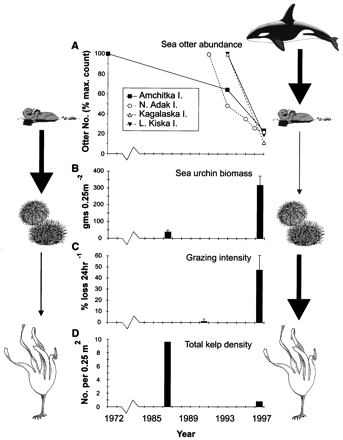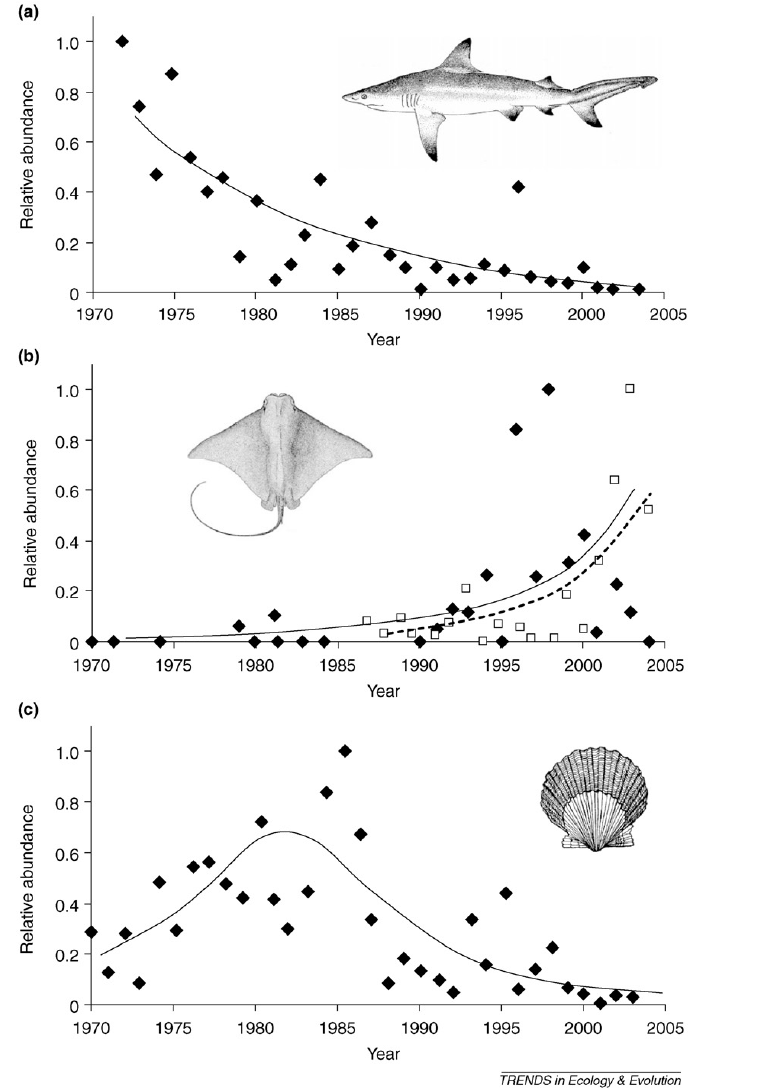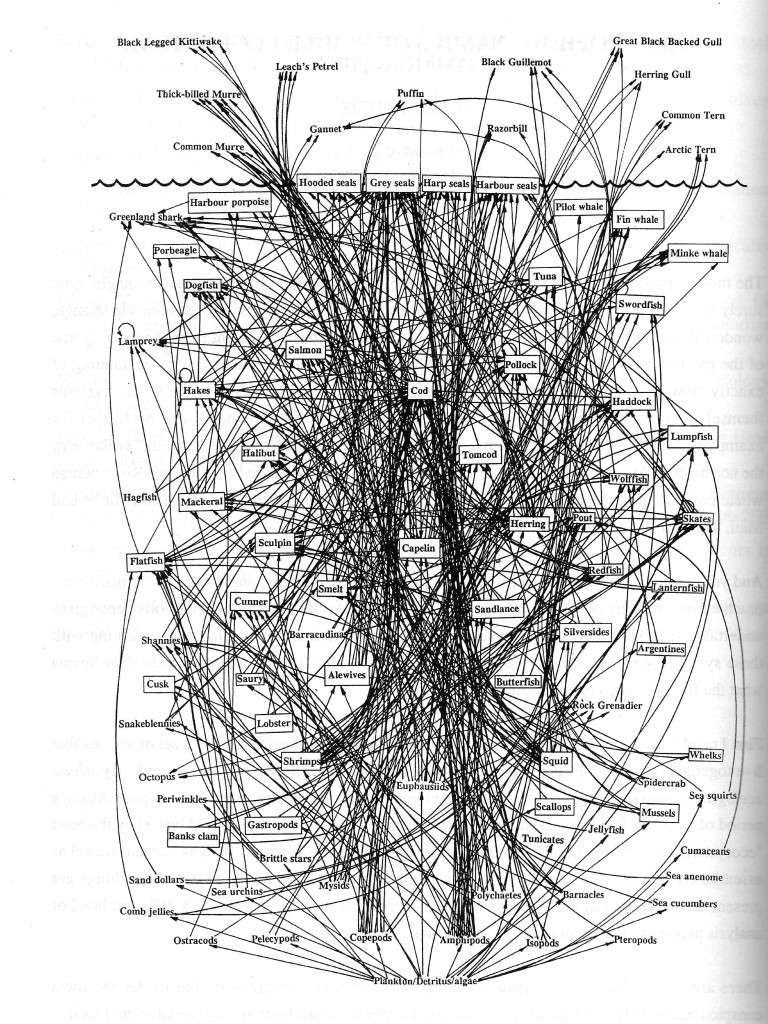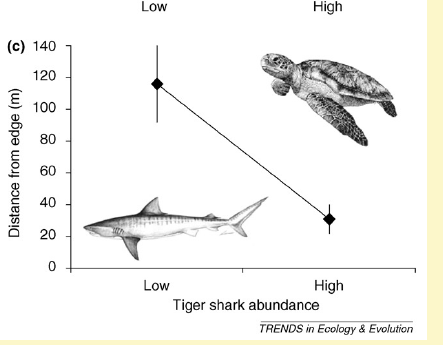
I want to apologize to our regular readers for stating something that should be incredibly obvious. Sharks in in no way connected to the global supply of atmospheric oxygen. If every single species of shark went extinct, there would be a variety of negative ecological effects, but a reduction in the global supply of atmospheric oxygen would not be among them. There is not a shred of scientific evidence supporting the idea that the loss of sharks would affect our oxygen supply- not a single scientific paper, not a single technical report. I’ve attended a dozen scientific conferences focusing on marine ecology or shark biology (including three international conferences) and I’ve never seen or heard of anyone presenting or even discussing this. To the best of my knowledge, not a single person who has authored a scientific paper or technical report supports this idea. Despite the complete lack of any kind of credible evidence, and despite many recent blog posts thoroughly debunking it (see here here here here here here and here ), this pseudoscience just won’t die.
The premise of the sharks and oxygen claim is as follows:
A) Sharks, many of which are apex predators, are important in regulating marine food webs;
B) Phytoplankton, which create oxygen through photosynthesis, are in marine food webs;
C) Therefore, without sharks, phytoplankton populations will crash and we won’t have any more oxygen and we’ll all die.
A and B are reasonable enough- we know that under certain circumstances, apex predators can play important roles in structuring and regulating food webs, and we know that phytoplankton produce oxygen (though how much oxygen phytoplankton produces is another debate entirely). It’s part C of the sharks and oxygen claim that’s the problem.
This flawed leap in logic, like many other bits of pseudoscience, is loosely based on reality- specifically, the concept of the “trophic cascade”. To explain a trophic cascade, consider a simple hypothetical food chain where grass is the primary producer, goats consume grass, and chupacabras consume goats. Trophic refers to “trophic level”, an alternative term for a step of a food chain. Grass would be trophic level 0, goats would be trophic level 1, and chupacabras would be trophic level 2. The cascade refers to ripple-like effects that travel throughout a food chain despite initially affecting only one level- for example, a change in chupacabra populations could eventually affect goat populations, which would eventually affect the grass.
One classic example of a marine trophic cascade comes from Estes et al. 1998. In the original kelp forest system, kelp provided habitat for countless species of fish. Sea urchins ate kelp, but their numbers were kept in check by sea otters. Once orca whales began preying upon sea otters, sea otter populations decreased. With fewer sea otters eating them, sea urchin populations increased- and ate all of the kelp.

A similar trophic cascade involving sharks was reported in Myers et al. 2007, though these conclusions are still considered controversial among the scientific community. According to this paper, in the Outer Banks, a decrease in shark populations led to an increase in the populations of these sharks’ prey (including cownose rays), and increased cownose ray populations led to a decrease in their prey (including scallops, which used to be the basis for an important coastal fishery).

There have been numerous models and observational studies concerning the ecological effects that would result from the loss of apex predators (a partial list can be found in my sources below). Not a single one mentions even the remote possibility of a decline in the global supply of oxygen as a consequence of overfishing sharks. If you encounter someone promoting this (or any of a huge variety of pseudoscience claiming to be based on real science), ask them for a copy of the peer-reviewed scientific paper which supports it.
Technically speaking, just because no one has ever written about this phenomenon applying to sharks doesn’t, in of itself, mean that it doesn’t apply to sharks. However, there’s a very good reason why the loss of sharks won’t affect phytoplankton. Trophic cascades tend to occur in simple ecosystems. In the kelp forest, basically only one type of organism eats kelp from the base (sea urchins) and basically only one type of organism eats sea urchins (otters). Sharks fit into different ecosystems differently, and many of those ecosystem are quite complex, so the claim that the loss of sharks will have a uniform global effect is inaccurate at best.
Research from coral reef ecosystems shows than when predator/prey interactions are more diffuse (for example, a system might have many herbivores, many secondary consumers, etc.) , trophic cascades don’t occur. Sharks may eat some herbivores, but they also eat animals that eat those herbivores, so the ecological effects would be less direct. Additionally, even if one prey species experiences “predation release”, other species with similar ecological niches are not affected in the same way. In a complex ecosystem, sharks can be considered to be “trophically decoupled” from phytoplankton- their populations will not affect those of phytoplankton because the trophic relationships are diffuse and complex. Most marine ecosystems are quite complex, as seen below:

In fact, emerging research in the field of fear ecology has shown that the most important effects resulting from the loss of sharks in an ecosystem may actually be indirect and related to behavior rather than population structure. In other words, sharks may exert more of an influence on an ecosystem by causing organisms in that system to alter their behavior to avoid being eaten. A great example of this comes from Dr. Mike Heithaus’ work in Australia. He found that animals like dolphins, sea turtles, and dugongs (relatives of manatees) will alter their preferred foraging ground during times of the year when large tiger sharks are present. They will forage in areas with less food but less chance of encountering a tiger shark.

Many species of sharks have been dangerously overharvested, resulting in alarmingly rapid and severe population declines. The loss of sharks can result in disruptions to the food web, resulting in ecological (and in many cases economic) problems. Conservationists are correct to be concerned about the loss of sharks and the effects this will have on our oceans, and we can and should work to protect these animals. However, sharks have absolutely nothing whatsoever to do with the global oxygen supply. There is absolutely no evidence in favor of this claim, and lots of evidence against it.
Spreading inaccurate claims in support of a worthy cause can only harm that cause by reducing credibility with the public and with policymakers. There are enough real reasons to protect sharks that we shouldn’t need to make up nonsense with no factual basis. I call on all responsible conservationists and advocates to stop perpetuating this pseudoscience.
Duffy, J. (2003). Biodiversity loss, trophic skew and ecosystem functioning Ecology Letters, 6 (8), 680-687 DOI: 10.1046/j.1461-0248.2003.00494.x
Estes, J. (1998). Killer Whale Predation on Sea Otters Linking Oceanic and Nearshore Ecosystems Science, 282 (5388), 473-476 DOI: 10.1126/science.282.5388.473
Frid, A., G. Baker, G., & M. Dill, L. (2008). Do shark declines create fear-released systems? Oikos, 117 (2), 191-201 DOI: 10.1111/j.2007.0030-1299.16134.x
Ferretti, F., Worm, B., Britten, G., Heithaus, M., & Lotze, H. (2010). Patterns and ecosystem consequences of shark declines in the ocean Ecology Letters DOI: 10.1111/j.1461-0248.2010.01489.x
Heithaus, M., Frid, A., Wirsing, A., & Worm, B. (2008). Predicting ecological consequences of marine top predator declines Trends in Ecology & Evolution, 23 (4), 202-210 DOI: 10.1016/j.tree.2008.01.003
Jennings, S., & Polunin, N. (1997). Impacts of predator depletion by fishing on the biomass and diversity of non-target reef fish communities Coral Reefs, 16 (2), 71-82 DOI: 10.1007/s003380050061
Laundre, J., Hernandez, L., & Ripple, W. (2010). The Landscape of Fear: Ecological Implications of Being Afraid~!2009-09-09~!2009-11-16~!2010-02-02~! The Open Ecology Journal, 3 (3), 1-7 DOI: 10.2174/1874213001003030001
Myers, R., Baum, J., Shepherd, T., Powers, S., & Peterson, C. (2007). Cascading Effects of the Loss of Apex Predatory Sharks from a Coastal Ocean Science, 315 (5820), 1846-1850 DOI: 10.1126/science.1138657
Ritchie, E., & Johnson, C. (2009). Predator interactions, mesopredator release and biodiversity conservation Ecology Letters, 12 (9), 982-998 DOI: 10.1111/j.1461-0248.2009.01347.x
Ruttenberg BI, Hamilton SL, Walsh SM, Donovan MK, Friedlander A, DeMartini E, Sala E, & Sandin SA (2011). Predator-induced demographic shifts in coral reef fish assemblages. PloS one, 6 (6) PMID: 21698165
Sergio, F., Caro, T., Brown, D., Clucas, B., Hunter, J., Ketchum, J., McHugh, K., & Hiraldo, F. (2008). Top Predators as Conservation Tools: Ecological Rationale, Assumptions, and Efficacy Annual Review of Ecology, Evolution, and Systematics, 39 (1), 1-19 DOI: 10.1146/annurev.ecolsys.39.110707.173545
Shepherd, T., & Myers, R. (2005). Direct and indirect fishery effects on small coastal elasmobranchs in the northern Gulf of Mexico Ecology Letters, 8 (10), 1095-1104 DOI: 10.1111/j.1461-0248.2005.00807.x
Really nice and thorough write-up, David!
God Bless you David,
And a continuing POX on those who are still speaking the Oxy Shark Myth. This post represents the “Martin Luther Moment” for the entire Oxy Shark Cabal located mostly on Facebook where facts matter little and shark based hysteria reigns supreme in a fluffy cloud of pinkish ignorance.
Nicely written, now where’s my hammer and nail?
Patric Douglas CEO
http://www.sharkdiver.com
415.235.9410
Oh, Sharkwater (and Rob Stewart). How I love you and hate you at the same time.
Good post. The logic behind this myth is the childlike belief that sharks are part of a ‘food chain’ when in fact they are part of complex ‘food webs’. Some coral reefs where sharks have been depleted have become algae dominated, but there are other pristine coral reefs, with plenty of sharks, that are also algae dominated. The results of predator removal are complex and difficult to predict. We know that in many cases shark removal may precipitate trophic cascades, but there is no simple understanding of what those cascades will be.
Ludicrous statements like “sharks control global oxygen” do nothing for conservation.
Sea Shepherd and Rob Stewart concocted that crazy line to sell Sharkwater.
Well written… for the most part. I agree that it is irresponsible to say that eradicating sharks will lead to a decline in oxygen levels worldwide. However, as you pointed out so thoroughly, without direct evidence (or even with direct evidence) no one can say what will or will not happen.
Therefore, I see it as equally irresponsible to claim that sharks have ‘absolutely nothing whatsoever to do with the global oxygen supply’ when as you pointed out there is no real evidence either way.
I think we have to agree that it is still a possibility that a lack of sharks could have an effect, however unlikely or “less direct” it may be.
There’s also a third possibility – that sharks have the opposite effect on oxygen supply since they to respire and consume our precious 02 😛
No, what David said, and provided significant evidence for, is that:
Sorry but the same guys claiming the sea oter decline in the Aleutan Islands are the one spending their 5 Million dollar grant to study the problem. Where’s the beef? Or in this case film. If Orcas are to blame, are they only sneaking up o the otters at night when filming might not be so easy.
If I say bats are going extinct from old coal mines, will somebody pay me a couple mil to go sit in the dark?
I thik I Taw a Putty Tat!
My point was that just because direct trophic cascades don’t occur, and the relationships are ‘diffuse and complex’, that does not mean that there is absolutely no relationship. Which was a statement made, and had no supporting evidence.
Again, I agree with the general reason for writing the article, there is no evidence saying that eradicating sharks WILL cause a decline in oxygen supply… but at the same time there doesn’t appear to be anything showing that it will have absolutely no effect. Nor should there be because it is entirely possibly that there will be some minute relationship.
My third point (although I admit it was a little ridiculous) was simply to highlight that this statement “However, sharks have absolutely nothing whatsoever to do with the global oxygen supply” is not accurate. They do actually consume oxygen, which is a direct relationship to the global oxygen supply.
A post after my own heart! Completely agree — trying to do good by inflating, exaggerating, or simply making stuff up will only bite one in the backside. I love the facts presented here, and am -dying- for a wall-sized poster of the cod-based food web! That is brilliant, and beautiful. And timely, as many are starting to say that the boom in Maine lobster is because of the corresponding crash in cod. This chart shows just how muddy the waters really are.
Nice post. The last paragraph is the important bit, credibility is everything and making such baseless claims does the shark cause more harm than good.
Regards,
Mark.
Nice job David. Death to pseudoscience!
Love the article, but what do you mean by “hypothetical food chain” when referring to chupacabras? 🙂
Discovering new links and facts is increasingly realising us the importance of species …. great work